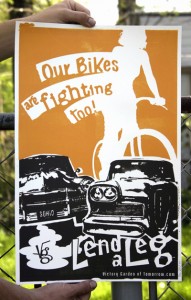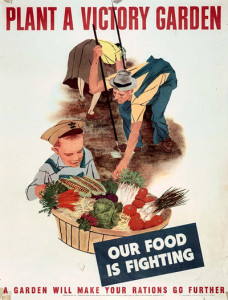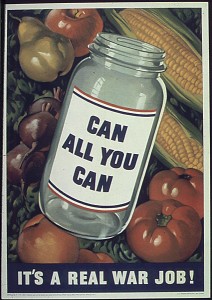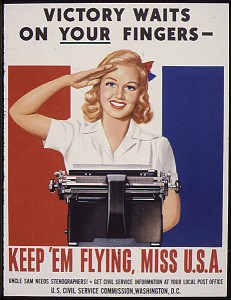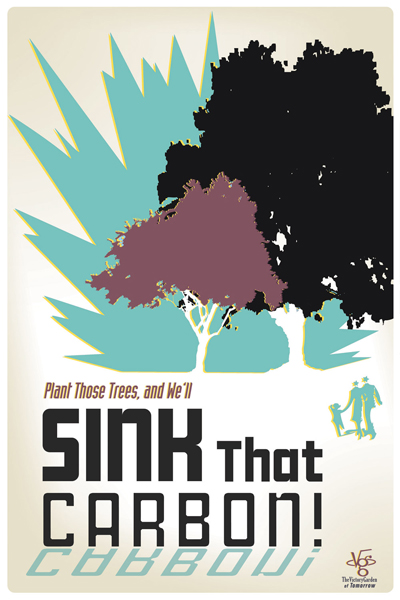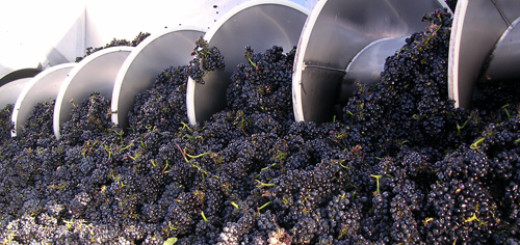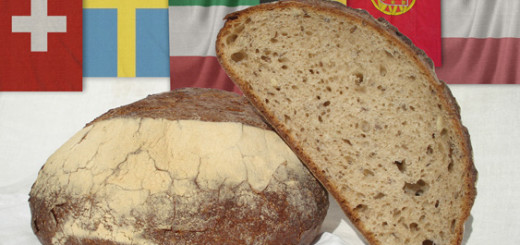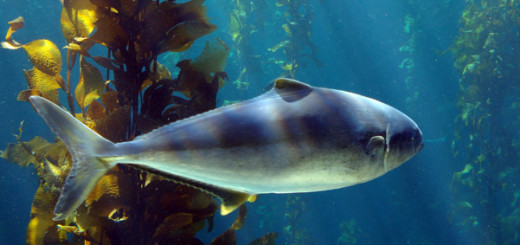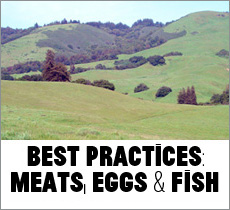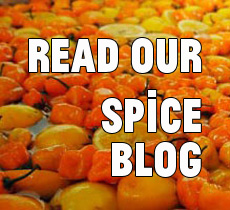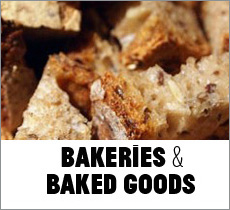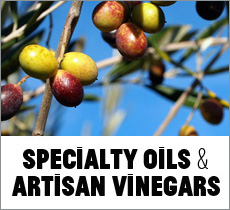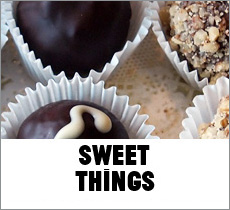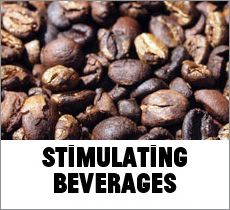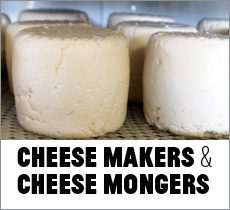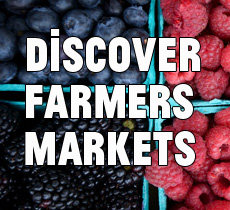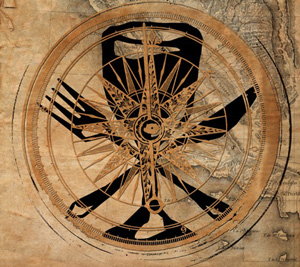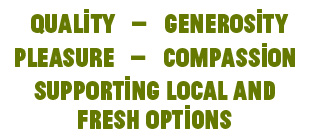Gardens Victorious
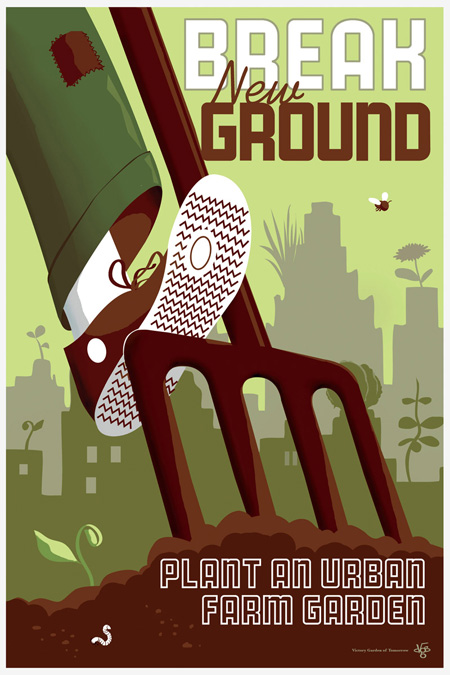
Where did you get your green thumb? Perhaps someone in your early life had a vegetable garden that bore meaningful fruit and you enjoyed harvesting cherry tomatoes and blackberries out of some modest garden patch and eating the fruits on the spot. Maybe you watched someone preserve a quantity of veggies or fruits from the garden and enjoyed eating them in the midst of winter.
Did your grade-school history class include a discussion of Victory Gardens and how homefront gardens helped the war effort or did you learn about them through the PBS gardening show Crockett’s Victory Garden? It would be interesting to learn how many of you grew up with gardens and knowing something about how to cultivate productive plants.
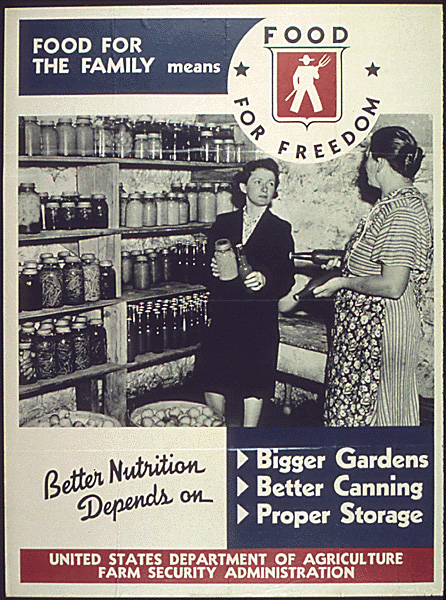
The Edible Schoolyard program founded by Alice Waters and the Chez Panisse Foundation has developed a science and math curriculum focused on gardening and cooking with children that helps families re-learn what their grandparents knew: with effort, Americans can feed themselves, as they did with the Victory Gardens of World War II. The 1940s message about growing food to economize and preserve precious resources in a time of scarcity sounds about right in the the twenty-first century where everyone could benefit from growing food to economize and preserve precious resources in a time of scarcity.
Neighbors and Your Garden
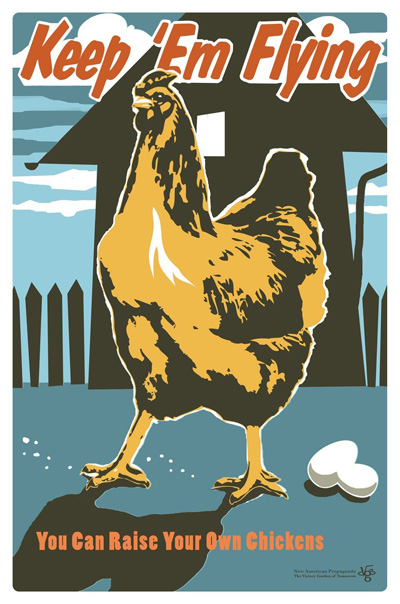
Before my parents focused exclusively on their decorative plant garden, they also had a vegetable and berry patch. I’m not sure why they stopped trying to produce food from their own garden plot and focused only on ornamentals. Maybe they were concerned about appearances, like not wanting the neighbors to see the laundry on the line.
I much prefer my neighborhood where someone’s backyard chickens tend to squawk in the afternoon and we proudly grow vegetables and herbs right up near the sidewalk. We’ve had many chats with passing neighbors who stop to discuss their own garden ventures. A (relatively) well tended garden on a busy pedestrian route feels like easy community. Several neighbors have mentioned how they enjoy watching it all happen over the seasons. No doubt, having a friend or two to share the garden’s work and bounty makes the labor really worth it.
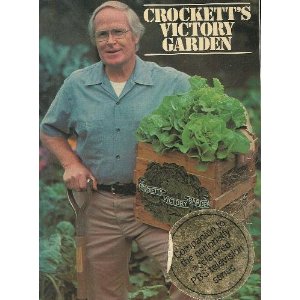
Chemical or Organic Gardening?
Like a good neighbor on your TV, James Crockett’s PBS show Crockett’s Victory Garden offered one path for many of us to learn about gardening. If you are old enough, you remember the original Victory Garden show on PBS, with all those incredibly productive plants. Greenhouses and cold frames allowed Crockett to get a head start on his short Massachusetts summers, but so did chemicals. Imagine my surprise at coming across my parents’ old copy of his first book, Crockett’s Victory Garden, only to discover that he recommended various chemical applications on nearly every page. Despite his kind and friendly demeanor, there was nothing organic about Jim Crockett’s approach to gardening, at least according to his first book. He focused on maximum yield and minimum pests through the promise of garden chemicals. And then he died of cancer. The Victory Garden is still on PBS with a much more organic approach.
The Victory Garden PBS free podcasts by WGBH Boston
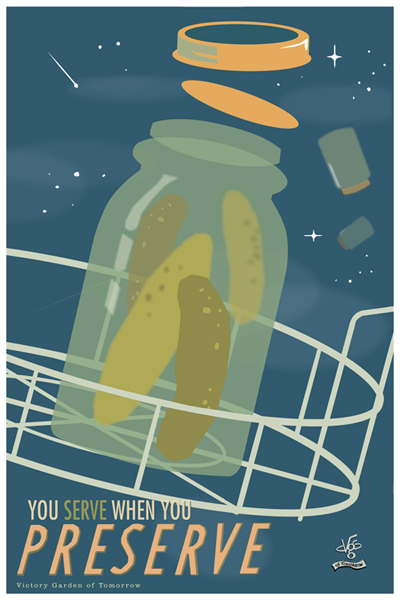
I’m no oncologist, but I think I’ll stick to gardening organically, thank you very much. Yes, it’s a drag when a squad of stupid green caterpillars attack our helpless Brussels sprouts or when nasty little aphids swarm our valiant fava beans. We zap these guys with soapy water and squish voracious caterpillars underfoot. Organic agriculture has been practiced far, far longer than this chemical-fueled approach to kill every pest and weed. If I’m going through the trouble of canning our very own cucumbers, I’d like them to be as perfect as possible and, for us, that means fertilized by compost and fish emulsion and protected by soapy water and diligence.
Graphics from The Victory Garden of Tomorrow by Joe Wirtheim
